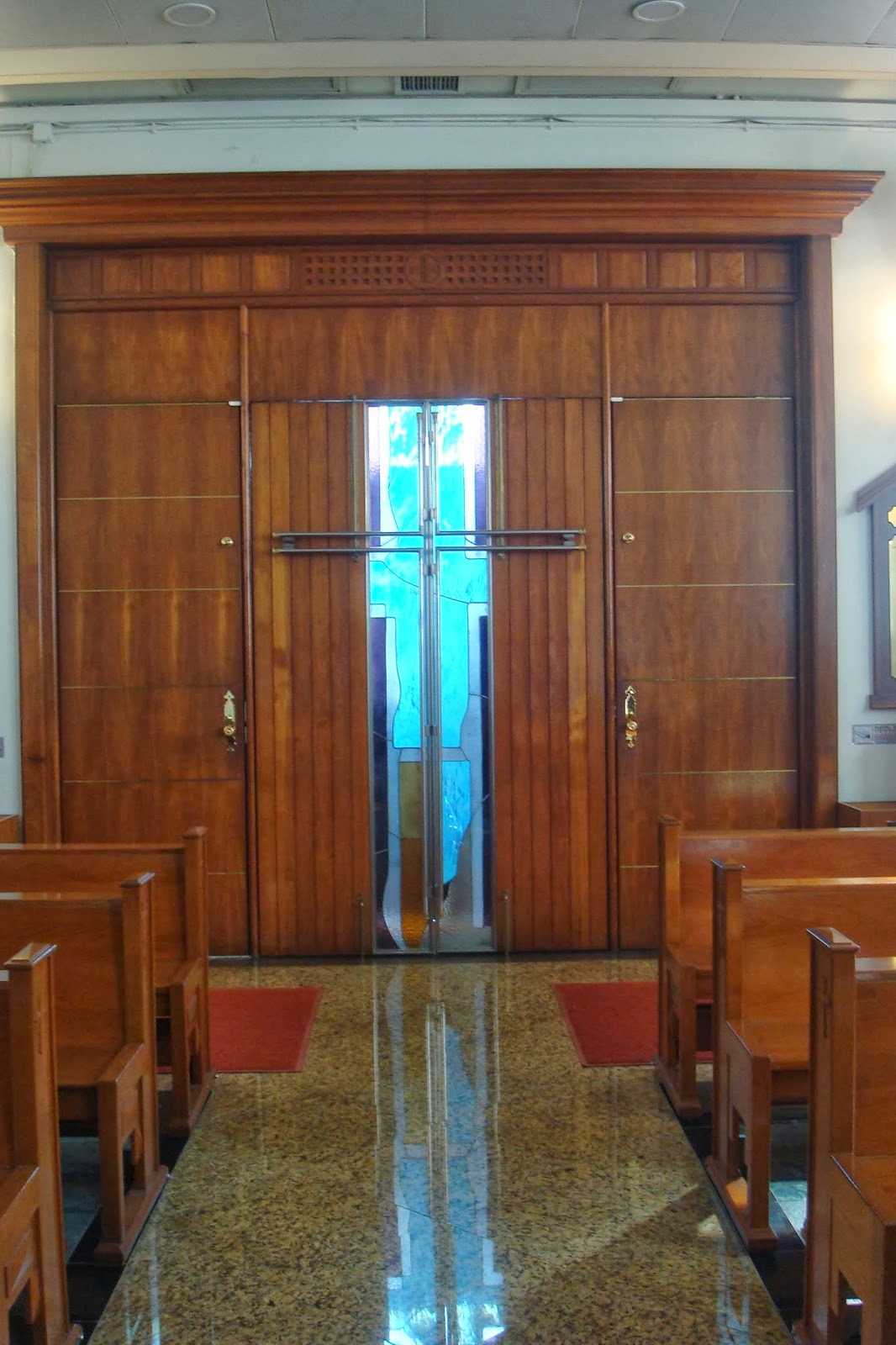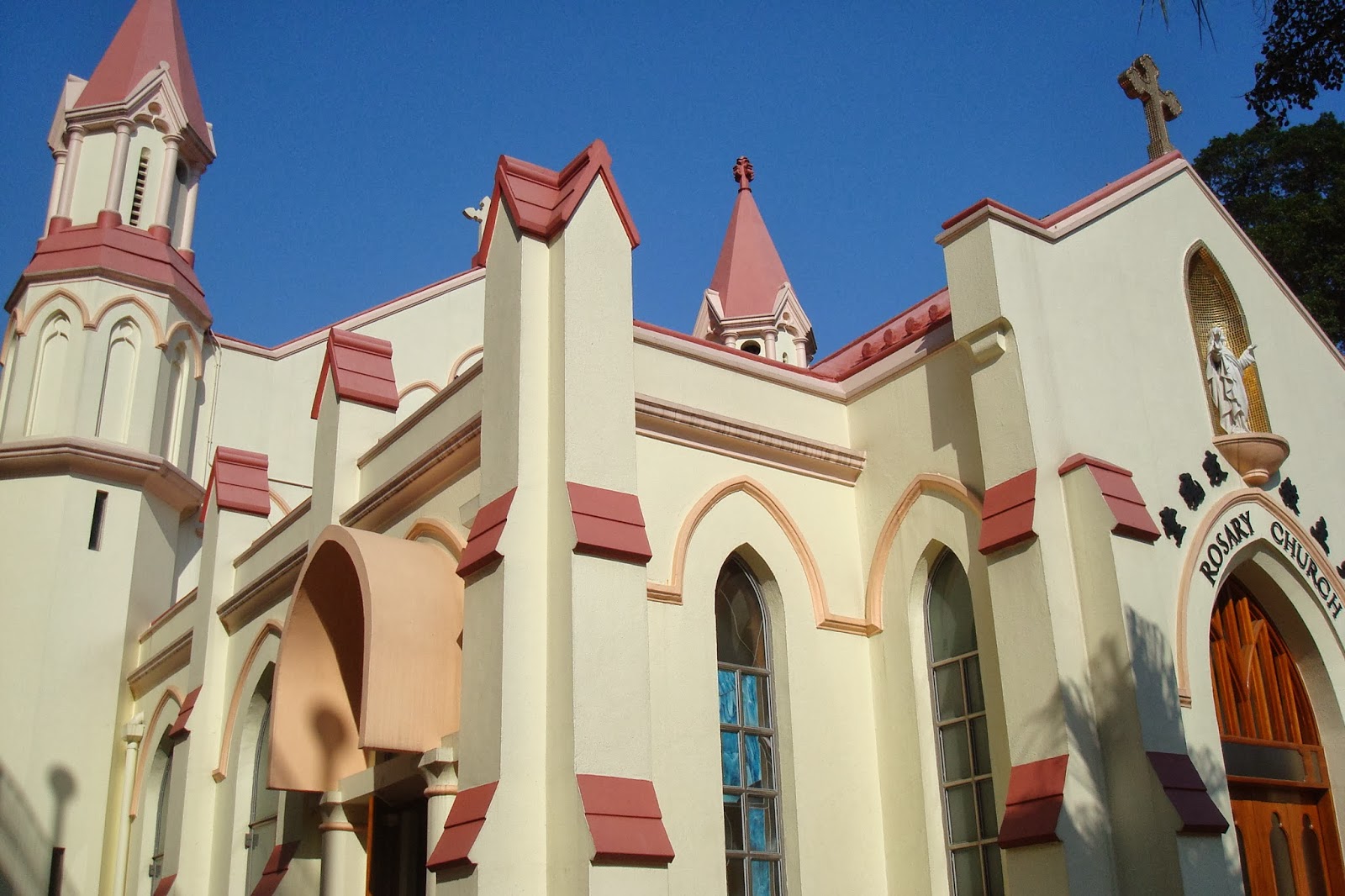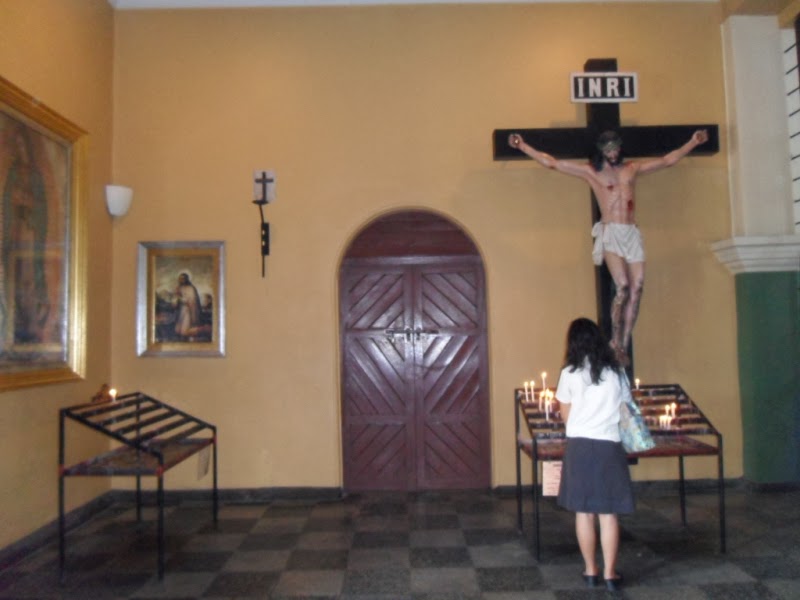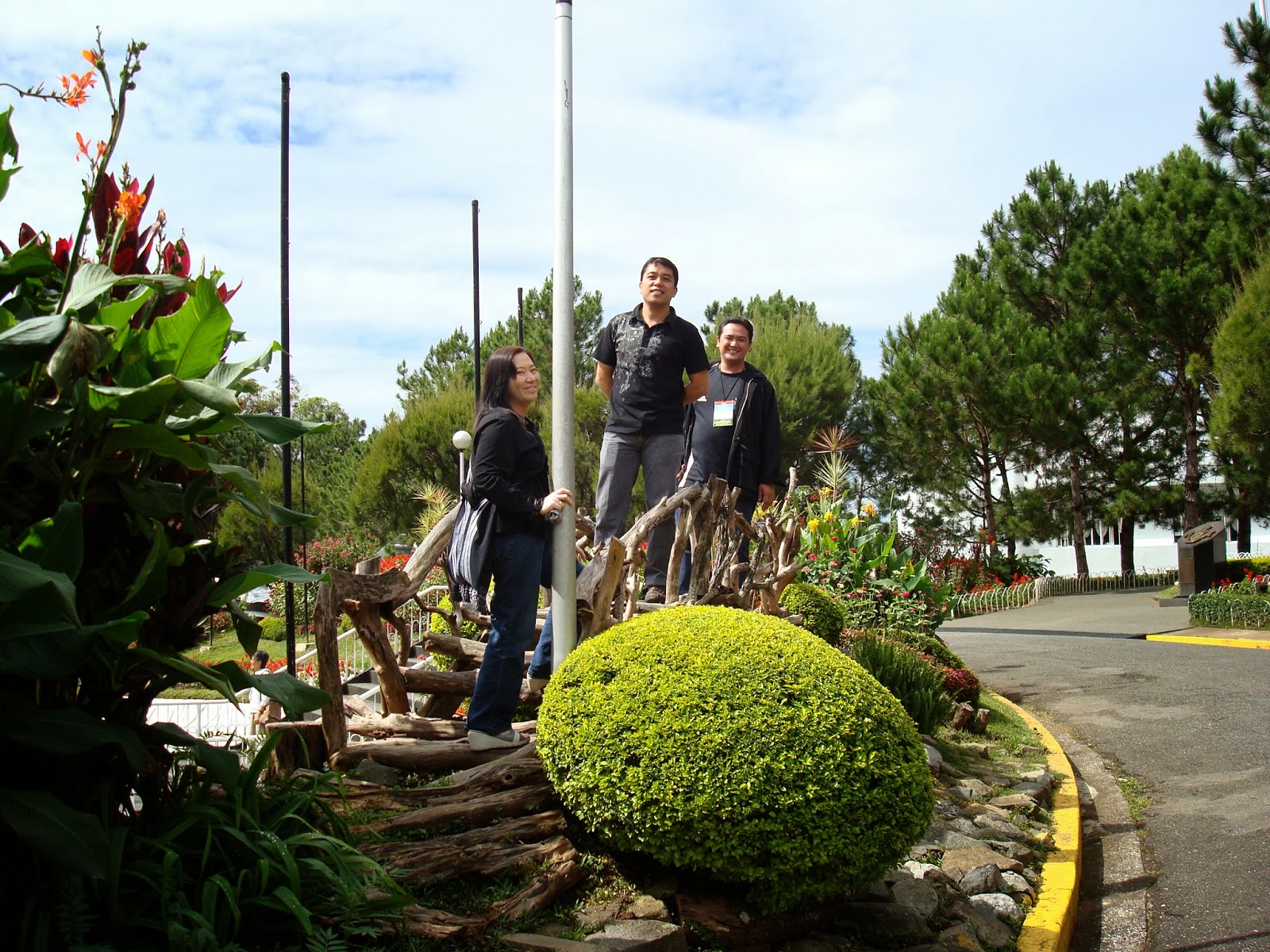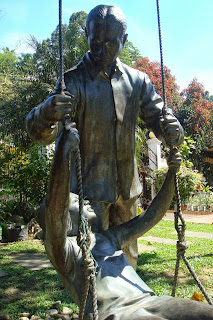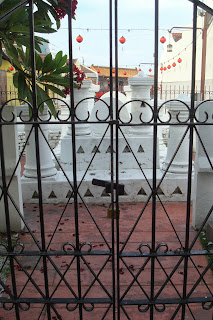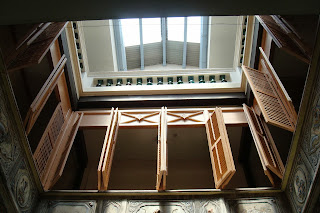maam eda - 2013
Given the chance, and especially the courage, I would be handing a letter of protest to Matthew and Luke objecting to the manner they told the story of Christmas and the many seeming contradictions and inconsistencies their stories portrayed. How could you say it’s all planned out from the neat arrangement of the ancestry of Jesus reaching as far as Abraham and even as far as Adam and Eve, how can you say it’s all planned out when on the night he was to be born they could not figure out where Mary would give birth because there was no vacancy in all the inns and lodging houses of Bethlehem. How can they say God had it all figured out when in the middle of the night Joseph, Mary and the new born child had to flee to Egypt just in time when the soldiers of Herod began killing innocent children in the hope of killing the newborn king. Is this what you call all planned out, all foreseen as promised? Then when the Holy family finally got the green light to go back to Israel they




